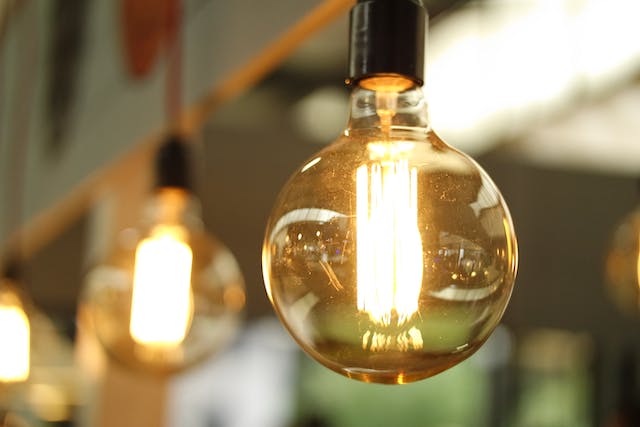Introduction
In today’s world, where environmental concerns meet financial awareness, making your home more energy-efficient is not just a choice—it’s a necessity. Energy-efficient home improvements not only contribute to a healthier planet by reducing your carbon footprint but also lead to significant savings on utility bills. This guide explores practical and effective ways to enhance your home’s energy efficiency, ranging from simple behavioral adjustments to more significant home upgrades.
Understanding Energy Efficiency
Energy efficiency involves using less energy to perform the same task, eliminating energy waste. In a home setting, this can mean anything from utilizing advanced technology in appliances to improving the home’s insulation. By focusing on energy efficiency, homeowners can enjoy a comfortable living environment while minimizing their environmental impact.
1. Insulate and Seal Your Home
One of the most impactful ways to improve your home’s energy efficiency is by ensuring it is well-insulated and sealed against external temperatures. Proper insulation in your attic, walls, and floors minimizes the exchange of heat through the building envelope, keeping your home warmer in the winter and cooler in the summer. Additionally, sealing gaps around doors, windows, and any ductwork can prevent air leaks, further enhancing your home’s efficiency.
2. Upgrade to Energy-Efficient Appliances
Household appliances account for a significant portion of energy consumption in the average home. Upgrading to energy-efficient models can drastically reduce this consumption. Look for products bearing the ENERGY STAR label—a government-backed symbol for energy efficiency—signifying that the appliance meets stringent energy efficiency criteria. While the upfront cost of these appliances may be higher, the long-term savings on energy bills can be substantial.
3. Implement Smart Home Technology
Smart home technology offers a convenient way to manage your home’s energy consumption. Smart thermostats, for example, learn your schedule and preferences to optimize heating and cooling systems efficiently. Similarly, smart lighting systems can adjust the brightness based on the time of day or occupancy in the room, reducing unnecessary energy use. These technologies provide the added benefit of monitoring and adjusting your energy usage patterns, potentially leading to significant savings.
4. Focus on Energy-Efficient Windows
Windows play a crucial role in your home’s energy efficiency. Double or triple-glazed windows with low-emissivity (low-E) coatings can significantly reduce heat loss in winter and heat gain in summer. While replacing windows can be an investment, the reduction in energy bills and increased comfort in your home can justify the cost. If new windows are not within your budget, consider using heavy drapes or thermal blinds to improve your existing windows’ efficiency.
5. Invest in Renewable Energy Sources
For homeowners committed to reducing their environmental impact and energy costs in the long term, investing in renewable energy sources like solar panels can be a game-changer. Solar energy can power your home, reduce your dependency on the grid, and even allow you to sell excess power back to the utility company in some areas. Although the initial investment is significant, tax incentives and decreasing costs of solar technology make it a viable option for many.
6. Regular Maintenance and Energy Audits
Regular maintenance of your heating and cooling systems can ensure they operate at peak efficiency. Replacing filters, cleaning ducts, and servicing your HVAC system can prevent energy waste. Additionally, conducting an energy audit can reveal hidden areas of energy loss and provide a roadmap for improvements. Many utility companies offer energy audits at little or no cost to the homeowner.
Conclusion
Making your home more energy-efficient is a multifaceted approach that can range from simple, low-cost adjustments to significant investments in your property. The key is to start with what is manageable for your budget and comfort level and gradually implement more extensive changes over time. Not only do energy-efficient home improvements reduce your carbon footprint and save on utility bills, but they also enhance the comfort and value of your home. By taking proactive steps towards energy efficiency, homeowners can contribute to a more sustainable future while enjoying a more comfortable and cost-effective living environment.
Call to Action
Start today by assessing your home’s energy efficiency and prioritizing improvements that offer the most significant impact. Whether it’s replacing a few light bulbs with LED versions, investing in smart technology, or planning for solar panels, every step towards energy efficiency counts. Remember, improving your home’s energy efficiency is an ongoing journey that benefits not only your household but the planet as a whole.
